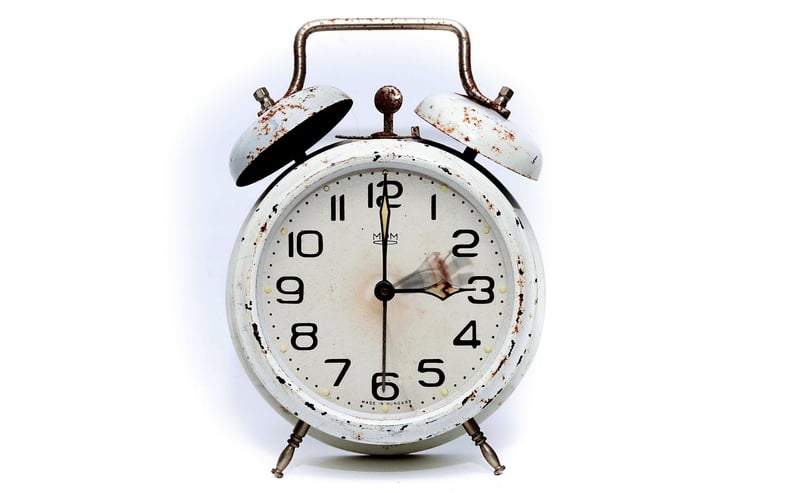Temporal Laws
Rules of Time and Temporal Laws
Introduction
Time, a concept that governs our lives and the universe, comes with its own set of rules and laws. Understanding these rules can provide insight into the nature of time itself and how it influences our existence.
The Arrow of Time
One of the fundamental rules of time is the concept of the arrow of time. This principle dictates that time has a specific direction, moving from the past to the future. The arrow of time is responsible for the irreversibility of natural processes, such as aging and the flow of events.
Time Dilation
According to Einstein's theory of relativity, time is not absolute but is instead relative to the observer's frame of reference. Time dilation is a phenomenon where time appears to pass at different rates for observers in different conditions, such as when approaching the speed of light or in strong gravitational fields.
Causality
Causality is a fundamental principle of time that states every event is caused by a preceding event. This principle forms the basis of our understanding of cause and effect relationships and is crucial for predicting the outcome of events.
Quantum Time
In the realm of quantum mechanics, time behaves in a non-linear and probabilistic manner. Quantum time introduces uncertainty into the precise measurement of time intervals and challenges our classical understanding of time's continuous flow.
Temporal Paradoxes
Temporal paradoxes are situations where the usual flow of time is disrupted, leading to logical contradictions. Examples include the grandfather paradox, where a time traveler prevents their own existence, creating a paradoxical loop.
Conclusion
Time is a complex and intriguing aspect of our reality, governed by various rules and laws that shape our understanding of the universe. By exploring these principles, we can delve deeper into the nature of time and its profound impact on our existence.

